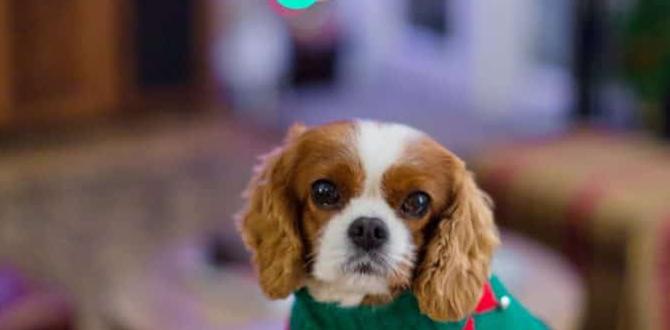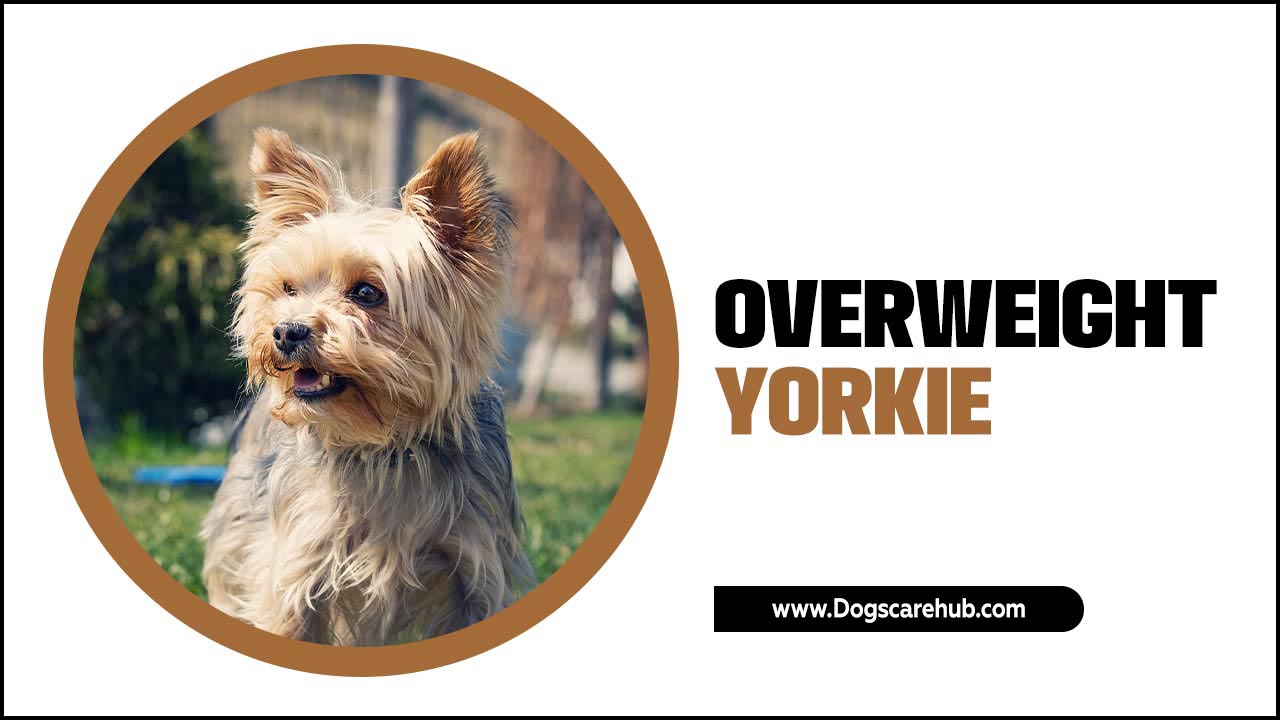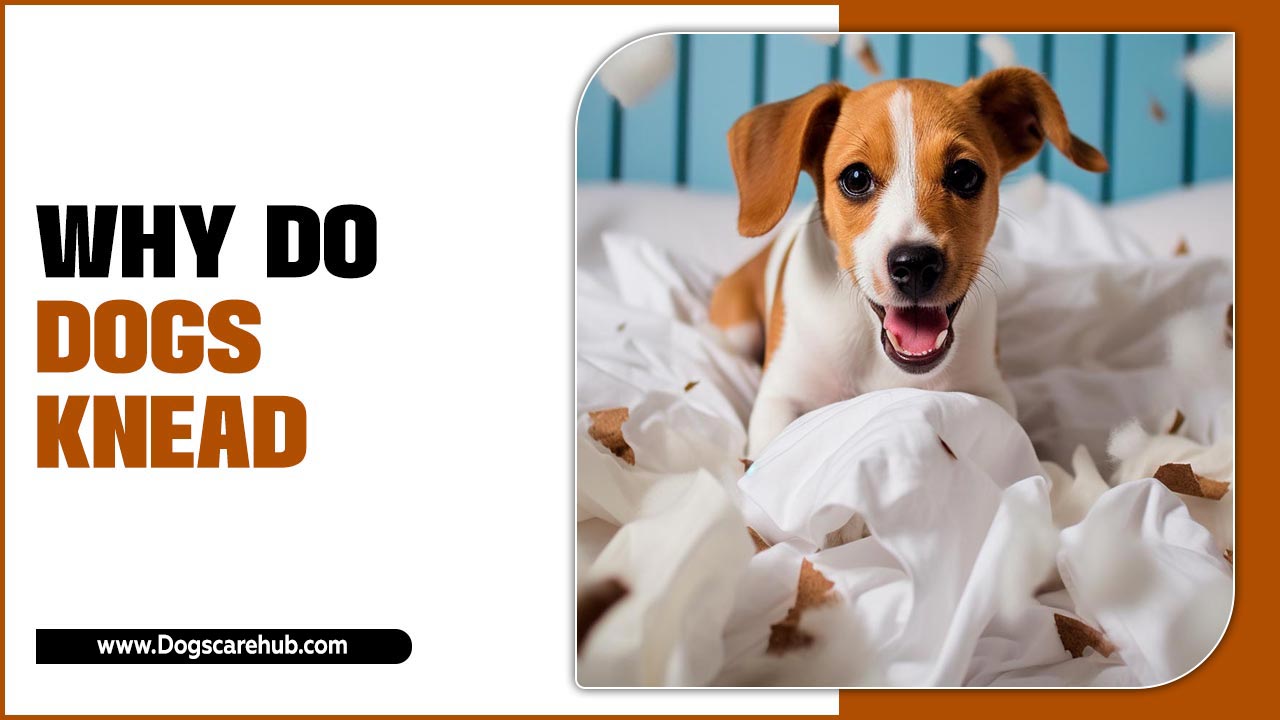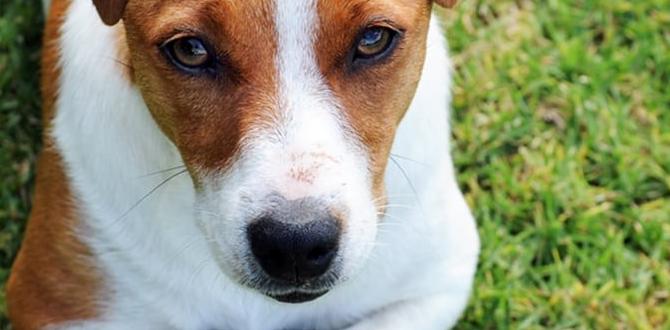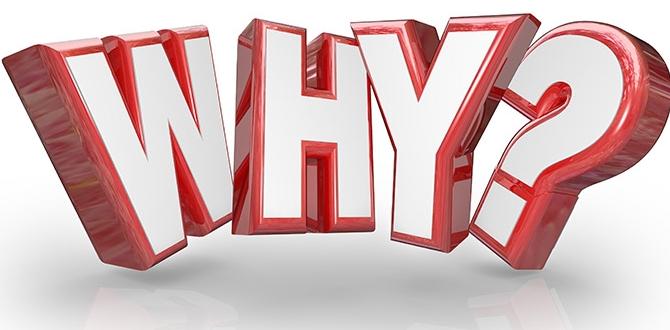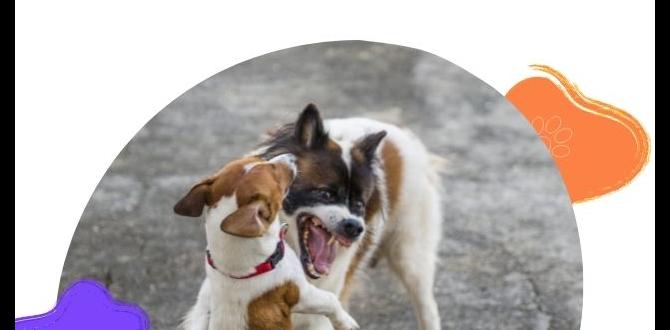As pet owners, we want our furry friends to look and feel their best. That’s why we take them to the groomer for a thorough cleaning, trimming, and pampering. However, what do we do when our dogs start acting weird after grooming?
It’s a common concern among pet owners that should not be taken lightly. Dogs may exhibit unusual behaviour after grooming, ranging from mild discomfort to severe anxiety. As a responsible pet owner, it’s important to understand the common causes of this behaviour and know what steps to take to alleviate their discomfort.
dog acting weird after grooming We will explore why dogs may act strange after grooming and provide practical solutions to help them feel more comfortable. We’ll discuss the effects of grooming on a dog’s body, how it can cause physical discomfort and the emotional impact of grooming on their psyche.
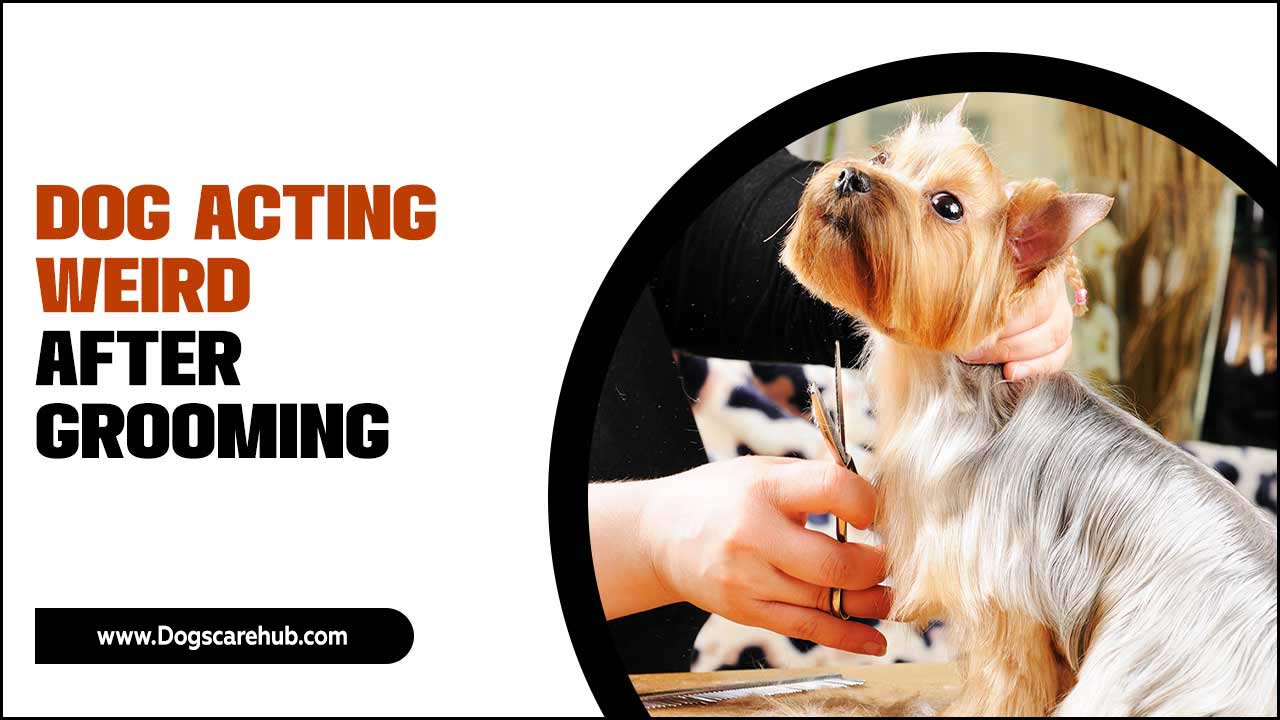
Why Is Your Dog Acting Weird After Grooming
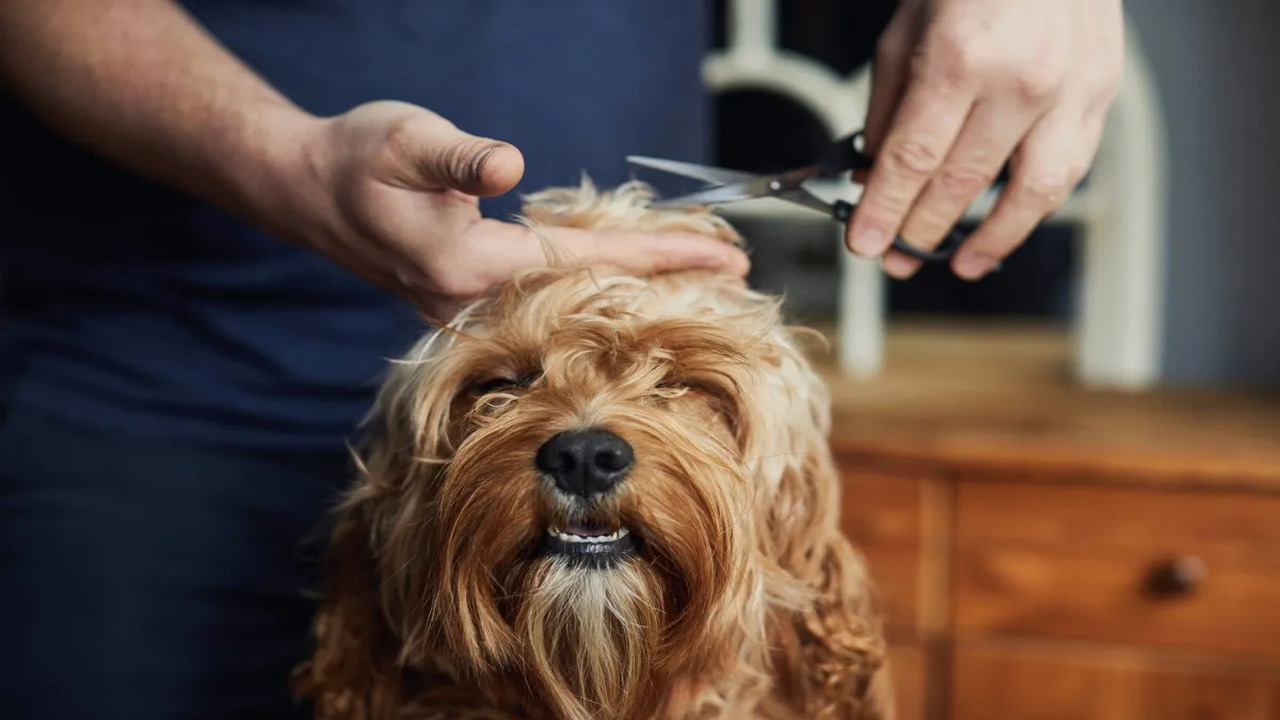
It is not uncommon for dogs to exhibit unusual behaviour after grooming. There can be several reasons why your dog may be acting weird after a grooming session. Firstly, the grooming process can be stressful for some dogs, especially if they are not accustomed to being handled or have had negative experiences.
Additionally, using unfamiliar scents and products during grooming can disorient dogs. It is also possible that your dog may be experiencing physical discomfort, such as skin irritation or soreness, from the grooming process.
If you notice any concerning behaviour or if your dog’s behaviour persists for an extended period, it is always best to consult a veterinarian to rule out any underlying health issues.
Common Causes Of Dog Acting Weird After Grooming
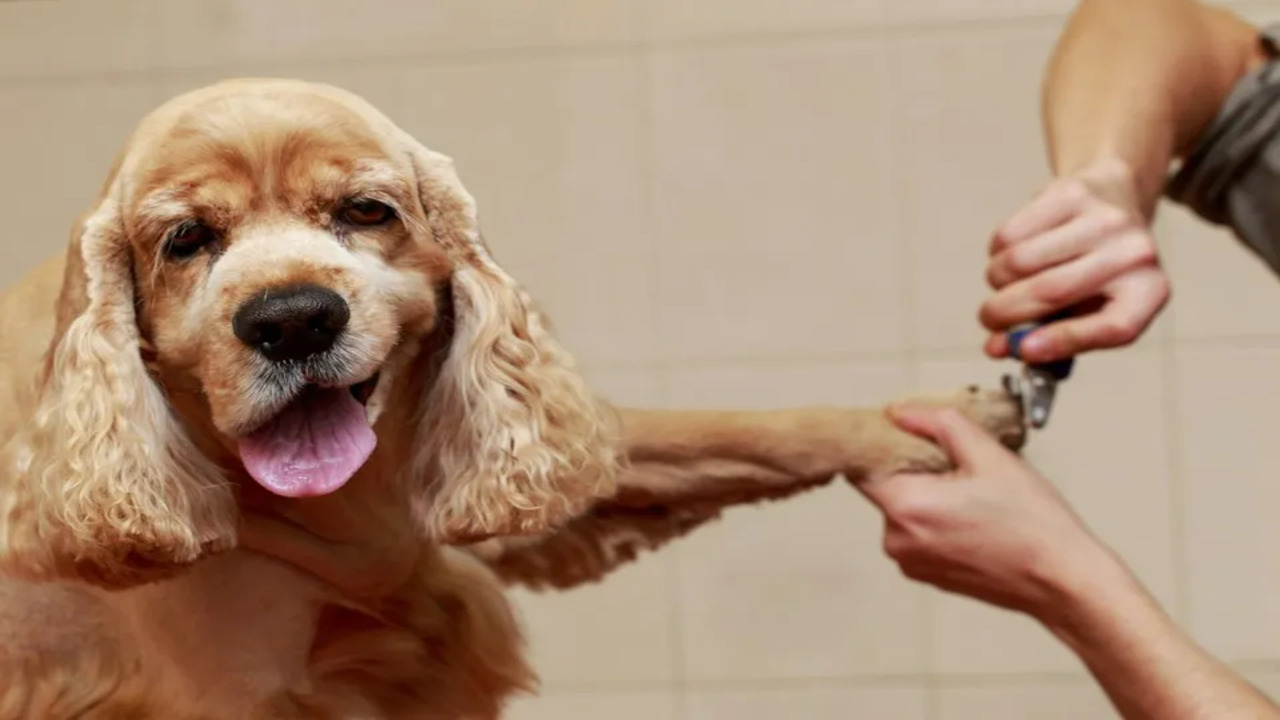
Exploring the factors that can contribute to your pup’s unusual behaviour after grooming is essential. Dog acting weird after grooming have sensitive anal glands, which can irritate during grooming. Clippers may accidentally cause clipper burns, leading to discomfort and itchiness for your furry friend.
Matting or knots in your dog’s coat can also cause discomfort post-grooming. Additionally, a new haircut or change in routine can be a negative experience for some dogs, causing anxiety or stress. It’s important for dog owners to recognize these triggers and address them appropriately to ensure a positive grooming experience for their pooch.
Pain Or Discomfort
During grooming, dogs can experience pain or discomfort if they have underlying medical conditions that make them sensitive to touch. To address this issue, it’s important to find a groomer who is experienced in working with sensitive dogs or consult a veterinarian for guidance on addressing any underlying medical conditions.
Additionally, anxiety or fear can cause dogs to behave strangely after grooming. Working with a professional dog trainer or behaviourist can help your dog feel more comfortable during the grooming process. Lastly, some dogs may simply be tired or overwhelmed after grooming, so providing a quiet and comfortable resting place can aid in their recovery.
Traumatic Experience
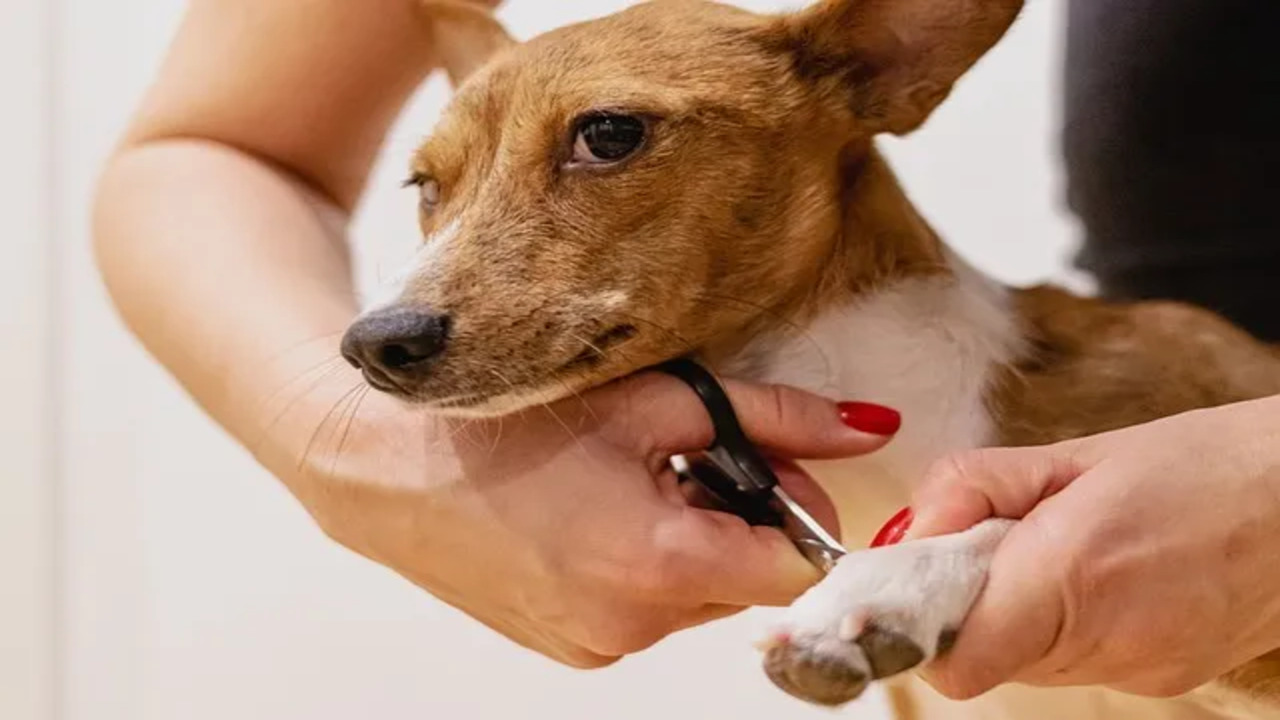
Dogs may experience stress or fear during grooming due to unfamiliar scents, sounds, and sensations. This can lead to behavioural changes such as increased anxiety or aggression. To address this traumatic experience, it’s important to find a groomer who uses positive reinforcement techniques.
Additionally, desensitizing your dog to grooming tools and processes can help alleviate their fears. Providing calming aids like pheromone sprays or treats can also promote relaxation. Monitor any sudden changes in behaviour after grooming to ensure your dog’s well-being and prevent further stress or discomfort.
Allergic Reaction To Grooming Products
Using certain grooming products on dogs can sometimes trigger allergic reactions. These reactions can manifest in various ways, such as itching, redness, and swelling. If you notice these symptoms in your dog after grooming, it is important to take prompt action.
First, identify the product causing the reaction and discontinue its use. You can then consult a veterinarian who may recommend soothing remedies like coconut oil or oatmeal to ease the discomfort. Switching to hypoallergenic grooming products also a good idea to prevent further allergic reactions.
Change In Routine
After grooming, dogs can experience stress and anxiety due to changes in routine. This includes separation anxiety when they are separated from their owners during grooming. Additionally, allergies or skin irritation from grooming products can cause discomfort, leading to unusual behaviour.
Dogs may also act weird after grooming if they lack socialization or fear grooming tools. To help your pup adjust, gradually introduce grooming routines, use natural and non-irritating products, and provide comfort and reassurance during and after grooming sessions.
Solutions To Common Causes Of Dog Acting Weird After Grooming
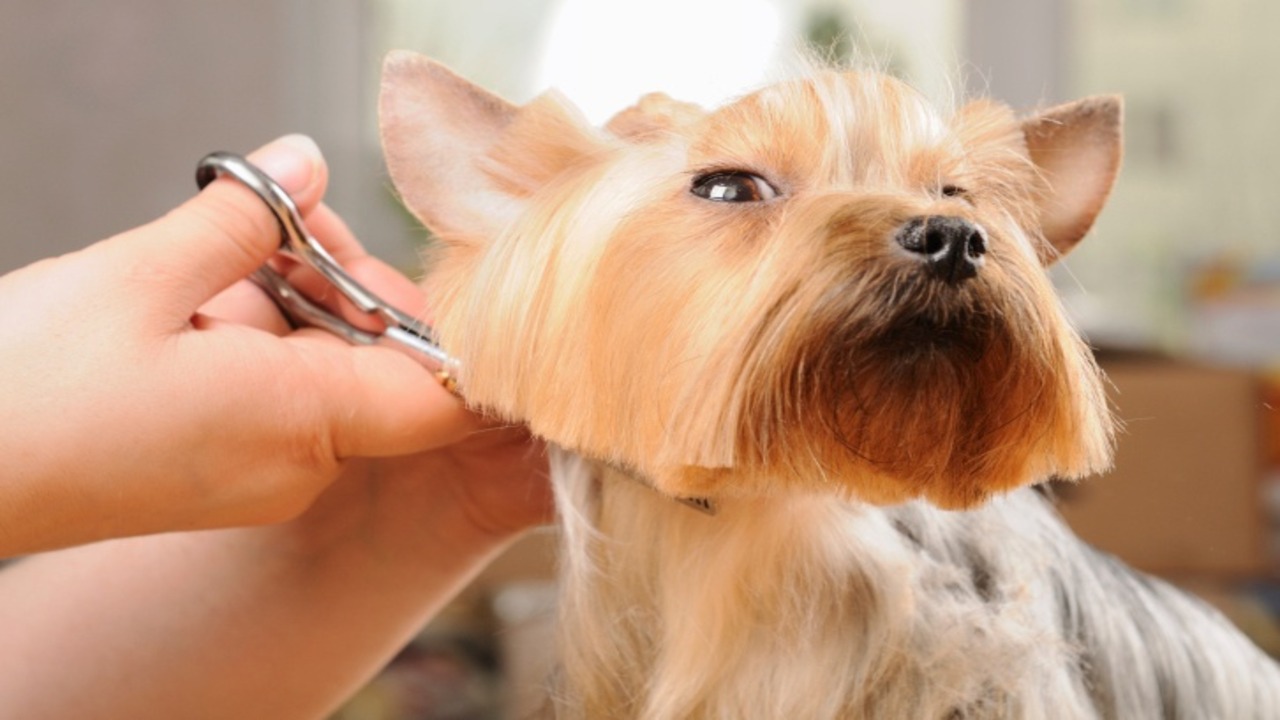
To address the common causes of your dog’s odd post-grooming behaviour, it’s important to provide practical solutions. If your dog is experiencing pain or discomfort, it’s best to seek veterinary advice for appropriate treatment.
For dogs that have had a traumatic grooming experience, desensitization training and positive reinforcement techniques can help them feel more comfortable. Switching to hypoallergenic grooming products can alleviate allergic reactions.
Additionally, gradually introducing changes in routine and maintaining consistency can reduce your dog’s anxiety. Implementing these strategies can help your furry friend feel comfortable after grooming.
Pain Or Discomfort: Seek Veterinary Advice
If your dog is experiencing pain or discomfort after grooming, it is essential to seek veterinary advice. Consulting a vet can help identify and treat any underlying issues causing your dog’s distress. It’s crucial to promptly address any pain or discomfort to ensure your furry friend’s well-being.
Seeking professional guidance can provide the necessary expertise to determine the cause of your dog’s unusual behaviour and provide appropriate treatment. Remember, your dog’s health and comfort are paramount, so don’t hesitate to contact a vet for assistance.
Traumatic Experience: Desensitization Training, Positive Reinforcement
To help your dog overcome a traumatic grooming experience, desensitization training and positive reinforcement techniques are key. You can build trust and alleviate their fear and anxiety by gradually exposing your pup to grooming activities and rewarding them with treats or praise.
It’s a good idea to start with small steps, such as getting them comfortable with the sound of clippers or handling their paws. Also, using calming techniques like massage or aromatherapy can be healing for both their body and mind. Remember to be patient; desensitization takes time, but it will greatly benefit your furry friend in the long run.
Allergic Reaction To Grooming Products: Switch To Hypoallergenic Products
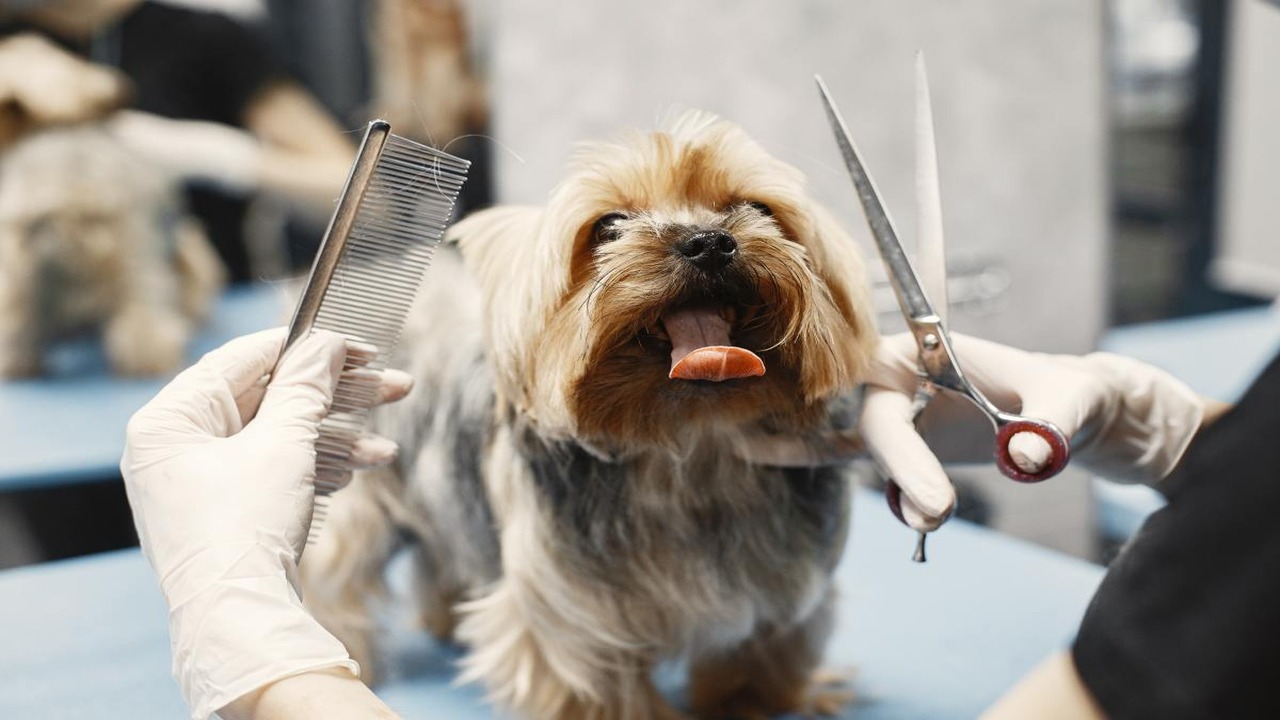
Switching to hypoallergenic grooming products can help prevent allergic reactions in your furry friend. By opting for gentle and hypoallergenic alternatives, you can reduce the risk of skin irritations and discomfort for your pup.
Hypoallergenic products are formulated specifically for dogs with sensitive skin, making them less likely to experience itchiness or inflammation. These products often contain natural ingredients like oatmeal and coconut oil, which have soothing properties for the dog’s skin. Switching to hypoallergenic products is a good idea if your dog has had negative experiences or allergic reactions to regular grooming products.
Change In Routine: Gradually Introduce Changes, Maintain Consistency
When it comes to dog grooming, a change in routine can often lead to dogs acting weird or anxious afterwards. Dogs are creatures of habit, and disrupting their established routine can cause them to behave differently. To minimize the impact of these changes, it is important to introduce them and maintain consistency as much as possible gradually.
This helps dogs feel more secure and reduces their stress levels. So, whether it’s a new grooming product, a different grooming technique, or a variation in the grooming schedule, it’s essential to take it slow and give your furry friend time to adjust.
Doing so can help prevent any negative experiences and ensure that your dog feels calm and comfortable throughout the grooming process. Remember, your pup’s well-being is a top priority, so always prioritize their needs and provide a supportive environment.
How To Prevent Your Dog From Acting Weird After Grooming In The Future
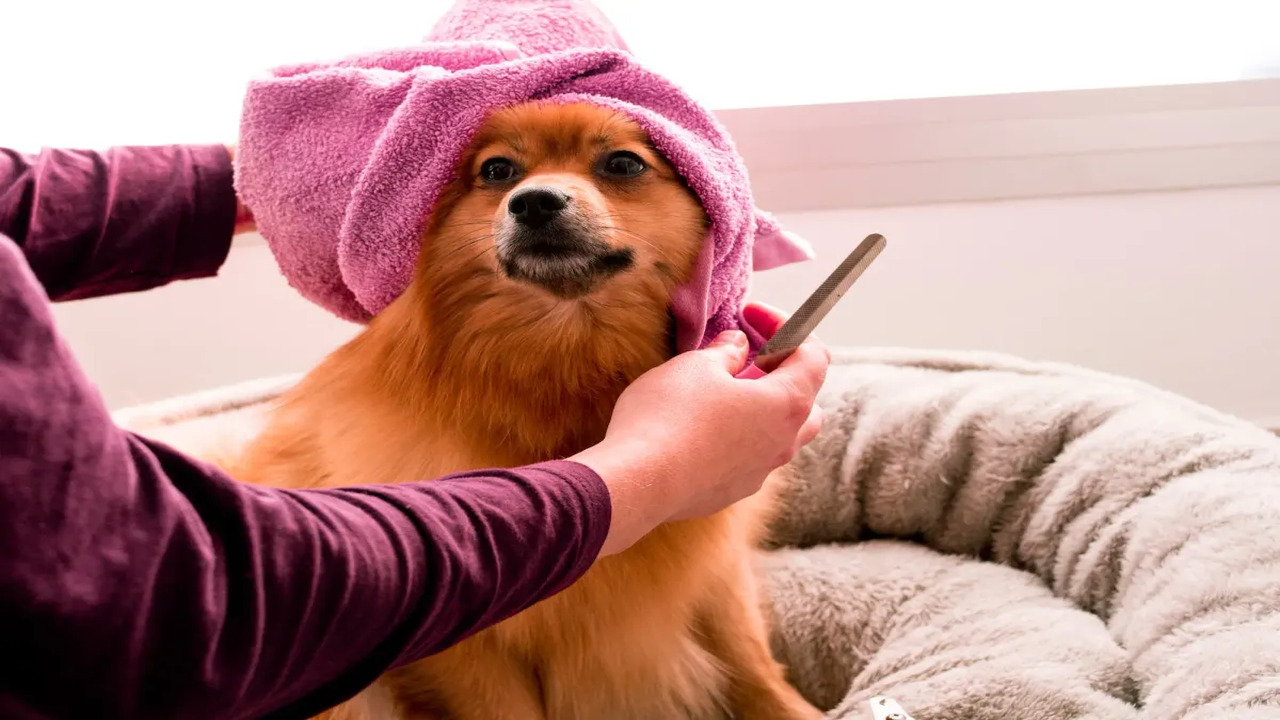
To prevent your dog from acting weird after grooming in the future, it’s important to take certain steps. First, gradually introduce your pup to the groomer and grooming tools, ensuring their comfort. Secondly, choose a reputable, experienced groomer who understands dog behaviour and can handle any issues.
Communicate any preferences or concerns about the type of grooming services your dog needs. Positive reinforcement and treats for good behaviour during and after grooming can also help. Finally, monitor your dog’s behaviour after grooming, addressing any issues immediately to prevent future problems.
Tips For Keeping Your Dog Healthy After Grooming
After grooming, taking steps to keep your dog healthy and comfortable is important. Following these tips can help ensure that your dog stays happy and healthy after their grooming session. Here are some tips to help you ensure that your furry friend stays in good shape after their grooming session:
- – Monitor For Any Signs Of Discomfort Or Irritation: Pay attention to your dog’s behaviour and check for any redness, swelling, or excessive scratching. If you notice any issues, contact your vet.
- – Brush Regularly: Regular brushing helps to prevent matting and keeps your dog’s coat clean and healthy. It also gives you the opportunity to check for any skin issues or abnormalities.
- – Keep An Eye On Their Nails: Grooming often includes nail trimming, but if they were not trimmed during the session, keep an eye on their length. Overgrown nails can cause discomfort and may need to be trimmed professionally.
- – Maintain A Regular Grooming Schedule: Consistency is key in keeping your dog healthy after grooming. Stick to a regular grooming routine so that their coat stays clean, their nails stay trimmed, and any potential issues can be addressed promptly.
Conclusion
It is not uncommon for dog acting weird after grooming to behave strangely after grooming. There can be various reasons, including pain or discomfort, traumatic experiences, allergic reactions, or changes in routine.
The good news is that there are solutions to these common causes. It is essential to seek veterinary advice for any signs of pain or discomfort. Sensitivity training and positive reinforcement can help resolve traumatic experiences.
Switching to hypoallergenic grooming products can prevent allergic reactions. Introducing changes gradually and maintaining consistency in routine can help dogs adjust better.
Additionally, to prevent your dog from behaving strangely after future grooming, it is crucial to choose a reputable groomer and communicate any specific needs or concerns. , grooming includes regular exercise, proper nutrition and attention to their overall well-being to ensure your dog stays healthy
Frequently Asked Questions
1.Why Is My Dog Acting Weird After Getting Groomed?
Ans: There are several reasons why your dog may be acting weird after getting groomed. It could be due to anxiety or stress from the grooming experience, physical discomforts such as a nick or cut, reactions to new scents or unfamiliar feelings, or even a lack of positive associations with grooming.
2.What Is Shave Shock In Dogs?
Ans: Shave shock in dogs refers to extreme anxiety and stress experienced after grooming. Symptoms may include shaking, panting, and hiding. While the exact cause is unknown, it could be attributed to sudden fur loss or a change in appearance. Treatment options include creating a safe space, using calming aids, and consulting a veterinarian.
3.How Do I Soothe My Dog After Grooming?
Ans: To help your dog relax after grooming, offer treats or their favourite toy for distraction. Give them a gentle massage and create a soothing atmosphere with a calming spray or diffuser. Spending quality time together, like walking or playing, will reassure and comfort your dog.
4.Can Grooming Stress A Dog?
Ans: Yes, grooming can cause stress in dogs. Depending on their temperament and past experiences, some dogs may find grooming overwhelming. Common stress caused during grooming includes unfamiliar smells, sounds, and sensations. To reduce grooming-related stress, positive reinforcement training and desensitization exercises can be helpful. It’s important to choose a groomer experienced with anxious dogs and provides a calming environment.
5.Why Is My Dog Uncomfortable After Grooming?
Ans: Some dogs may experience discomfort after grooming due to unfamiliar tools or products and if their fur is cut too short or their skin irritates. Choosing an experienced groomer who uses high-quality products is important. If your dog continues to show discomfort, consult a veterinarian for potential underlying health issues.
Meet Elyse Colburn, the devoted canine companion and storyteller behind the enchanting world of “Tales, Tails, and Adventures Unleashed.” A passionate dog enthusiast with a heart full of paw prints, Elyse Colburn shares heartwarming tales and insightful adventures, celebrating the joy, loyalty, and endless antics that make every dog a true hero. Join Elyse Colburn on this tail-wagging journey, where every post is a love letter to our four-legged friends.

